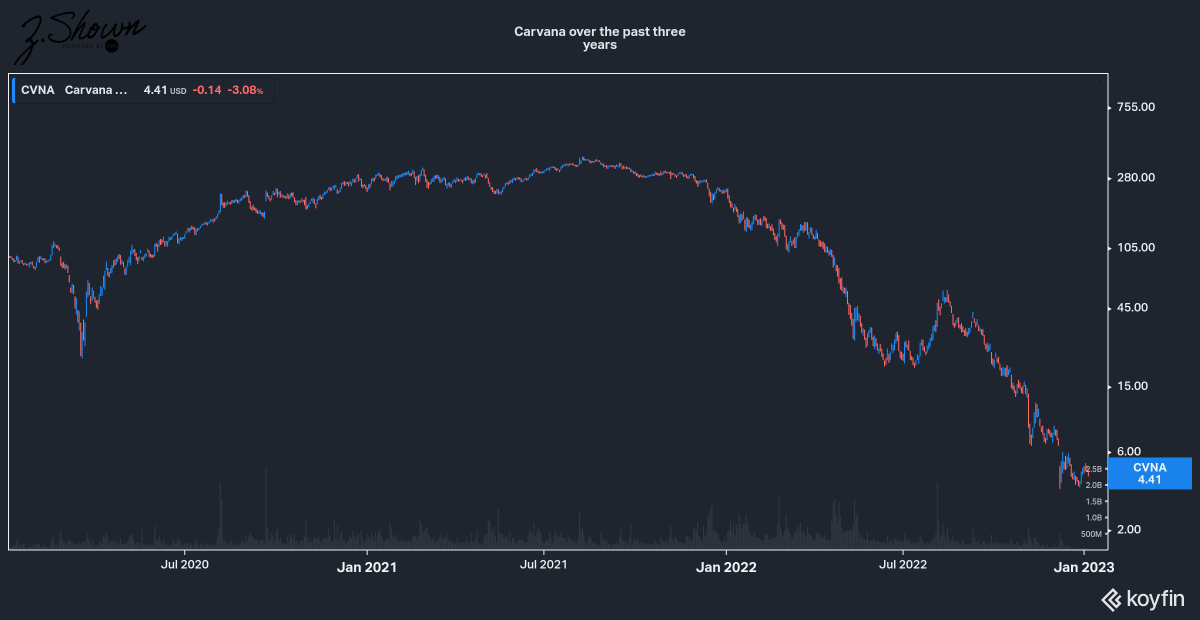I can measure the motion of bodies, but I cannot measure human folly.
Sir Isaac Newton
Sir Isaac Newton once lost £20,000. That's the equivalent of millions of dollars in today's money.
He had, like many other upper and middle class Brits in the eighteenth century, invested in the South Sea Company. Founded in 1711 to help consolidate debt the British Crown had built up, the company was chartered to oversee trade between the British Empire and Central and South America.
The main flaw in this plan was that the areas intended for trade, places like Mexico and Peru, were also claimed by the Spanish. There was a glimmer of hope, however. The Spanish had agreed to allow the South Sea Company exactly one voyage a year, so long as profits were shared with Spain.
This glimmer of hope, however slight, seemed to many in Britain to be the light at the end of the tunnel. In 1720, more shares of stock were offered in exchange for the public debt, and quickly the entire public debt was assumed by the South Sea Company.
A share of the company traded at £128 in January of 1720. Later in the summer of that same year, the share price was £1000.
People had become fabulously wealthy in a span of six months.
The bubble burst, however, and share price retreated to £124 by December.
People had lost it all just as fast.
John Kenneth Galbraith, writing about this episode, says that, "Individuals were dangerously captured by the belief in their own financial acumen and intelligence and conveyed this error to others."
We've seen some striking parallels in our modern day. Consider a company called Carvana. In January 2020, the stock price was around $90. It peaked at $370 in August of 2021. As of January 8, 2023, it currently trades at around $4.50 a share.

Why do we do this to ourselves? Why are we in such a hurry? Why is it so hard for us to see the person next to us make money or have success without feeling, sometimes quite intensely, like we are missing out?
Therefore do not worry about tomorrow, for tomorrow will worry about its own things. Sufficient for the day is its own trouble.
Matthew 6:34, NKJV
We have a natural sense of entitlement, one which is completely unfounded yet very persistent. To put it simply, we think the future owes us an explanation.
When we miss trends, we think, "I should have seen it coming! How could I have missed it?" That's plain arrogance.
Jesus knows better. Our obsession with knowing the future has yet to actually yield meaningful results. "Which of you by worrying can add one cubit to his stature?" he asks in Matthew 6:27 (NKJV).
Instead, learn from the bubbles. You can't know the future. And, according to Jesus, that's okay. Be humble, and remember that overconfidence is contagious. Proverbs says that pride come before the fall(Proverbs 16:18), so be careful. Sometimes a fall like that can be much steeper than you can imagine.
Notes:
The Isaac Newton quote, as well as the story of the South Sea Company, are all found in A Short History of Financial Euphoria, written by John Kenneth Galbraith, published by Penguin books.
Found in:
Behavioral Economics
